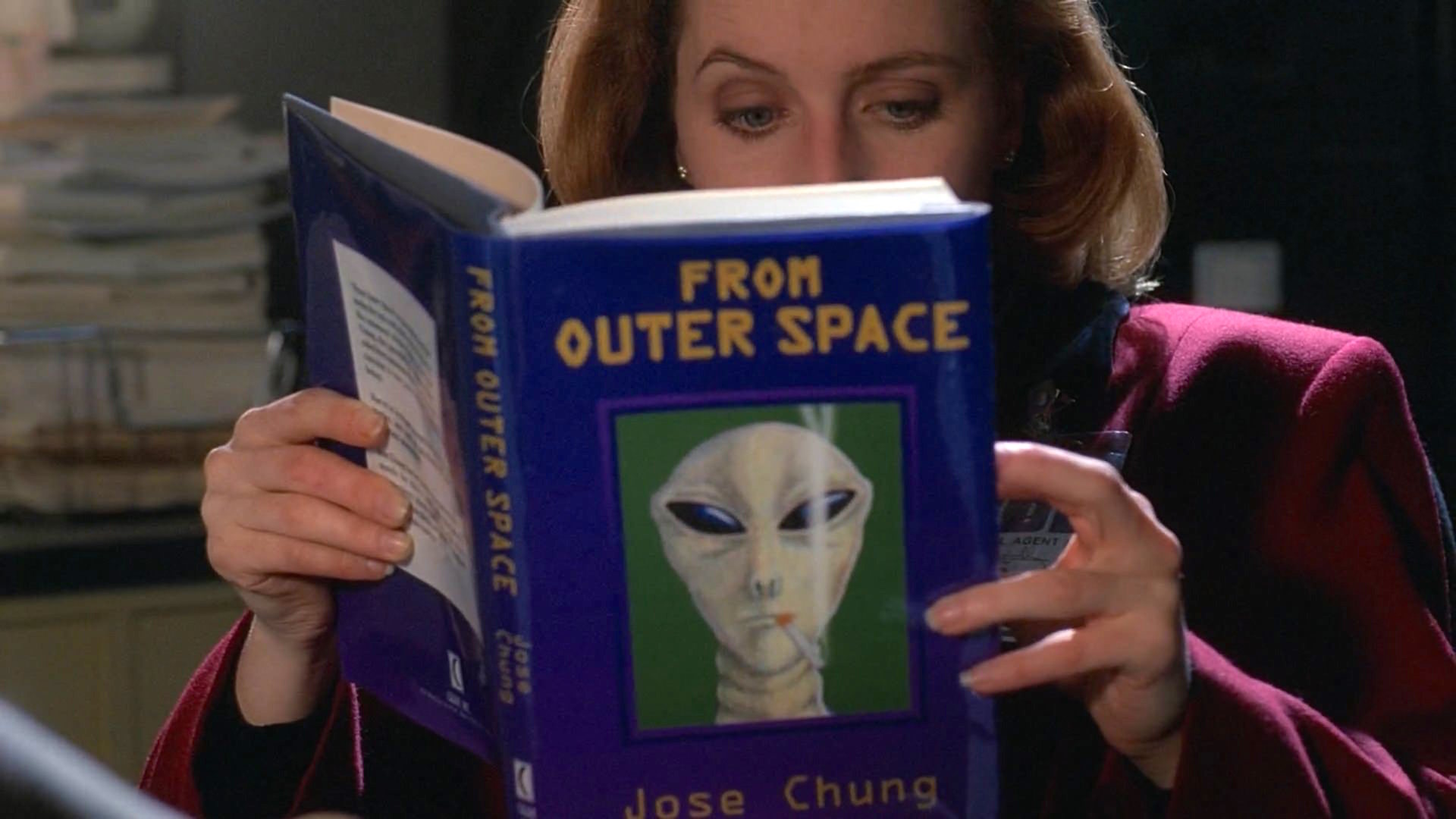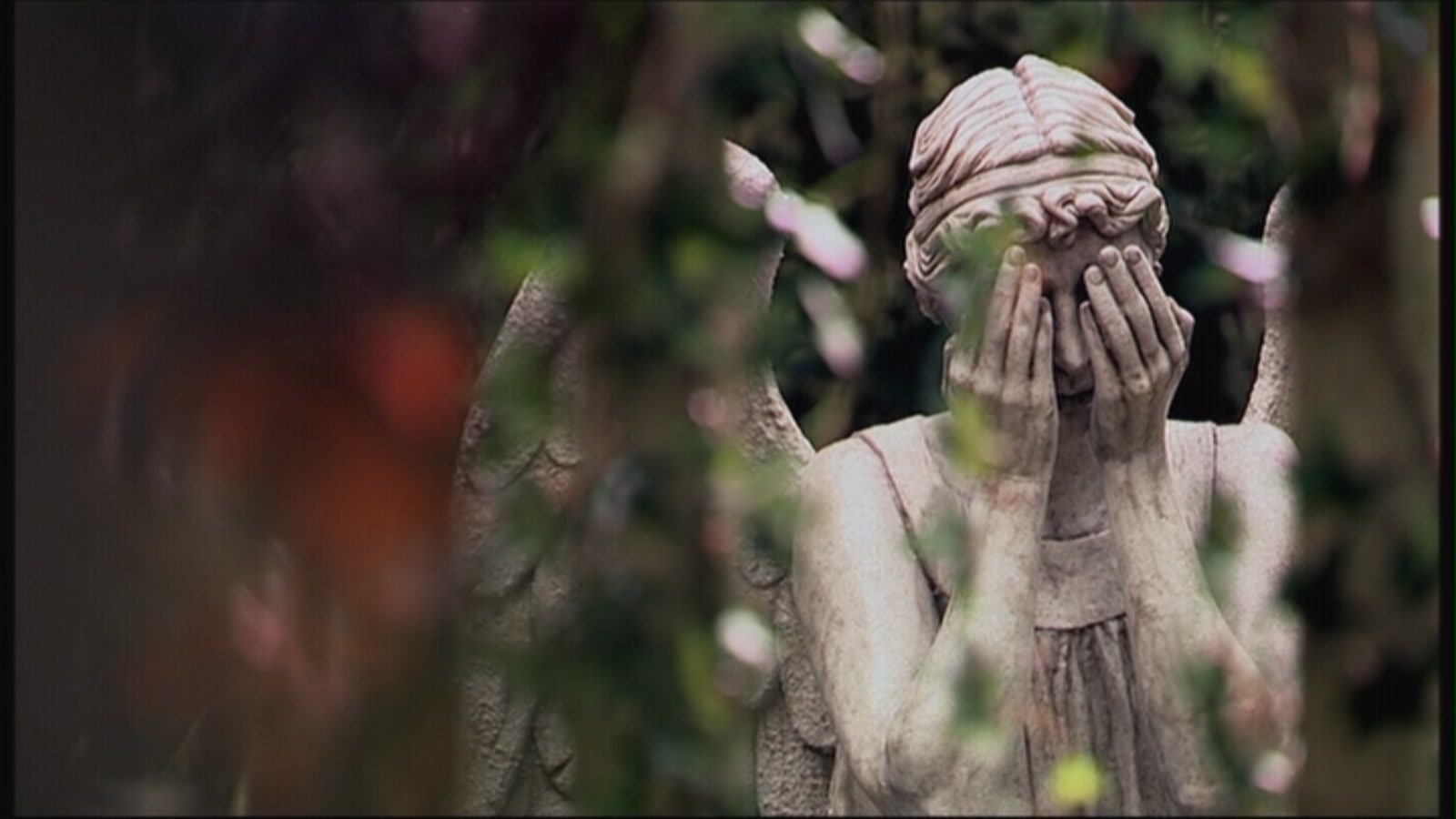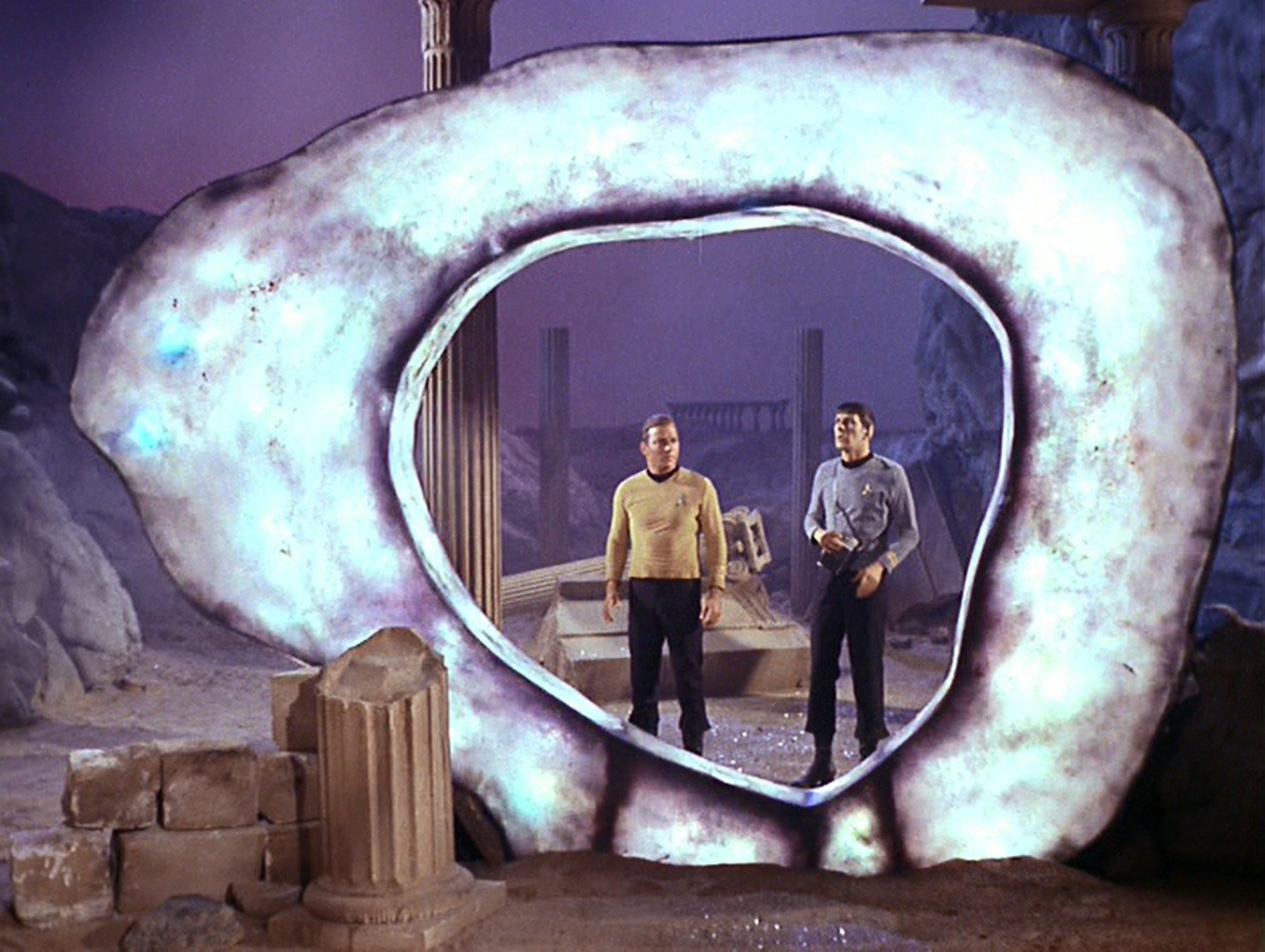| 86228 | humn 4460.01 | Online | Fall, 2019 |
This online section of HUMN 4472 Studies in Culture will examine short-form science fiction in literature, television, and short film.
The short story has been a mainstay in literature for centuries, but arguably no other genre has benefited from this form than science fiction. We will consider the benefits of terse, episodic statements and what they say about the genre and storytelling in general. All writing in this course will be done on Wikipedia.
Introduction
Welcome to HUMN 4462, Studies in Culture: Science Fiction.
The document you’re reading is your syllabus. Everything you need for this class is on this page and linked off of it. The tabs above access the major portions of the syllabus. Bookmark this page now and return here if you get lost or confused.[1] Use the tabs above to navigate to the various sections of the syllabus.[2]
Before you begin, take a moment and familiarize yourself with the general resources I have for students. All of these may be found in the “For Students” menu at the top of the page, or you can just begin on the student start page. These pages are designed to help you succeed in this class. While you may not read everything, you should know what’s available if you need it.
Please read this document and those it links to carefully at the beginning of the semester. There is much information to process, and it can be somewhat daunting — especially if you read cursorily. If you are confused, do your best to work through it by (re)reading this document carefully and completely, searching this site, or consulting the FAQ. I promise, there is an answer to your question. If all else fails, you may contact me. Trust yourself to follow directions and find the answers. Be careful and deliberate.
This online course will probably be unlike any college course you have ever taken. It is designed to let you — the students — discover and create your own knowledge. If you’ve not taken an online course before, you will essentially be teaching yourself with my guidance. I’m assuming, since you’re taking this class online, that you are comfortable with working by yourself, are confident in your ability to take risks and try new approaches, are fine with making some mistakes, do not need the constant reassurance of an authority figure, and have a basic Internet literacy. Please enter with an open mind.
Again, read this document through carefully before beginning. You might want to take notes as you go, jotting down questions you have. I bet they are answered by the time you’re ready to begin the first lesson.
This course does not use D2L/Brightspace. Everything you need is posted on this site, WikiEdu.org, or Wikipedia. You will sign up for a Wikipedia account and join the class on WikiEdu in your first lesson . |
Instructor Information
| Gerald R. Lucas | |
|---|---|
| Office | CoAS-117 (Macon campus), Department of Media, Culture & the Arts |
| Office Hours | See Contact |
| gerald.lucas [at] mga [dot] edu | |
I try to make myself as available as much as possible during the first couple weeks of a semester, including evenings and weekends. If you need to chat with me, email me and we’ll arrange a video conference via Skype (or similar service), if necessary. Please do not expect a response after 5pm on weekdays or anytime during the weekend. I may be available, but I also need some down time. Thanks for your understanding.
Course Information
| HUMN 4472: Studies in Culture | |
|---|---|
| Description | This course explores a selected topic in cultural studies from a historical perspective and a comparative perspective. This is a writing intensive course. |
| Prerequisite | At least a C in ENGL 1102 / ENGL 1102H. |
| Classroom Hours | 3 per week. |
| Credits | 3 credits. |
Course Goals
Students who satisfactorily complete this course will:
- Be familiar with various forms and styles of the disciplines within the humanities and have a basic knowledge of terms, techniques, and media within the arts, specifically science fiction;
- Understand and apply formalist or “new critical” analyses to interdisciplinary texts;
- Have a general knowledge of the influential and/or instigating effect of the visual arts, music, literature, sculpture, architecture, religion, and philosophy within the context of 20th-century Western civilization;
- Understand and illustrate the diversity in the various forms and styles of humanities;
- Apply critical thinking to the study of humanities, such that the student can see similarities and differences, make critical connections to the present, and understand the varying historical conditions which determine human values, particularly those that make up the modernist sensibility;
- Obtain a literacy in editing Wikipedia articles.
Student Learning Outcomes (SLOs)
- Students will demonstrate effective writing skills for a contemporary audience.
- Students will demonstrate the ability to analyze, synthesize, and compare elements of interdisciplinary texts.
- Students will demonstrate secondary research skills to support critical interpretations of cultural texts.
Required Texts
There are no required textbooks for this course. However, several PDFs and online articles will make up the class readings. These texts are available via Google Drive, for which you must request access. Additional small fees might be incurred to purchase or to rent videos and texts for certain lessons. I will try to keep these expenses to a minimum. A subscription to a video streaming service, like Netflix, Hulu, YouTube Premium, or Amazon Prime, might be worth your time for the semester. Most give free trial periods or discounts for students.[3]
Requirements
| Requirement | % |
|---|---|
| R1: Wikipedia Contributions | 50% |
| R2: Journal | 30% |
| R3: Participation | 20% |
This course is composed of three components, listed in the chart on the right. Each is detailed in the tabs[4] at the top of the page or by following the links. Each requirement will be on-going throughout the semester, will require regular contributions, and be comprised of various assignments.
Projects you complete online should be able to stand alone; that is, assignments should not reference the class, but target a particular professional audience. Remember, these are public documents, not just assignments; your audience, if you’re considering yourself as part of an expert community, is not necessarily your classmates and professor.
Please read each project at the beginning of the semester, so you have an understanding of what will be expected of you during the semester. Some assignments will take longer to complete than others. Work a bit and practice every day — do not procrastinate.[5]
Students must complete all assignments in each requirement to successfully pass the course. |
Policies
Students are held accountable for knowing and practicing each of the following course policies. Consider them like the law: the excuse “I didn’t know” will carry no weight. In addition, students are responsible for reading, understanding, and adhering to all Middle Georgia State University student policies, including those linked on the Syllabus Policy page.[6]
Students may withdraw from the course and earn a grade of “W” up to and including the midterm date. After midterm, students who withdraw will receive a grade of “WF.” Students are encouraged to read the withdrawal policy before dropping/withdrawing from class.
Assignments and Deadlines
Your work represents you. Everything you turn in for evaluation should exemplify the very best of your professional self. Late work is unacceptable and will receive a zero. Technical problems do not excuse late work. Plan ahead and turn in your work on time. Last-minute work submissions are ineligible for revision for a higher grade.
Attendance
Attendance for online courses is based on consistent participation. While students may work within lessons at their own pace, there will be assignments and milestones due regularly, usually each week. In other words: students are required to submit work each week to remain in good-standing. I recommend working a bit every day for consistency and to facilitate learning. Any registered student who does not submit work the first week will be counted as a no-show. Large gaps in participation (more than a week of not working) will be grounds for failure.
Communication
Communication is integral to success, no matter what we’re talking about. In a digital world, these literacies are particularly important. Not only should you develop and perfect your communication skills while in college, you need to use those skills everyday with your peers and professors.
Evaluation
Evaluation depends on overall student performance: on the successful completion of all requirements, regular participation, and positive attitude. Some requirements are weighed heavier in evaluation, but all are essential to successfully complete the class. Letter grades are based upon a traditional ten-point scale. Grades for this class will be based on the point system.
Plagiarism
Plagiarism is serious academic misconduct. Willful or accidental plagiarism—including using AI tools to generate assignments—will result in assignment failures, potential class failure, and will be pursued to incite the utmost penalty for such dishonesty.
Research
All writing in this course should be supported with both primary (readings I assign you) and secondary (sources you find yourself) texts. All suppositions must be supported with evidence, whether they appear on a forum post, a blog post, a Wikipedia article, or class discussion. In other words: research is an integral component of everything you do in this course. Any ideas that are not supported might as well not be written.
Technology Requirements
All students should have a newish computer with dependable Internet access. A tablet for reading PDFs is convenient, but not a requirement of the course. Students should check the course site daily for updates. Students are responsible for working out all of their technical difficulties.
Schedule
This schedule represents the ideal outline for our study this semester. Yet, like all best-laid plans, we may not be able to keep up with our agenda. Please be flexible and try to look and read ahead whenever possible. We will do our best to stick by this schedule, but I will inform you verbally whenever there is a change in or an addition to an assignment. Getting these updates is solely your responsibility. Therefore, this schedule is tentative and subject to change contingent upon the needs of the students and the professor, and dictated by time and other constraints which may affect the course. This schedule reflects only an overview of the assigned reading and other major course assignments. It may not indicate specific class session assignments or activities. Specific assignments are often given in class.
Course Overview
This course is divided into ten lessons. The following is just a general outline of the course activities. More details are provided in the tab[7] for each week located at the top of the page or by clicking the links below.
All texts are available via Google Drive. Request access by entering your MGA email address.
| L1 | August 14 – August 23[8] | Introduction to Science Fiction and Wikipedia |
| L2 | August 26 – September 4 | Cheever & “La Jetée” |
| L3 | September 9 – September 13 | Gibson & Doctor Who |
| L4 | September 16 – September 20 | Dick & The X-Files |
| L5 | September 23 – September 27 | Tiptree & Black Mirror |
| L6 | September 30 – October 4 | Butler & Deep Space Nine |
| L7 | October 7 – October 11 | Godwin & Battlestar Galactica |
| L8 | October 14 – October 18 | Pratt & Star Trek |
| L9 | October 21 – October 25 | Liu & Black Mirror |
| L10 | October 28 – December 6 | Sterling, Black Mirror & Project Work |
Notes
- ↑ While you may certainly choose to print it—we will do our best to follow the schedule hereon—it may change during the course of the semester due to unforeseen circumstances. Should this occur, I will let you know, but ultimately, this online document has the final say—not a printed one.
- ↑ You might, too, follow links by opening them in browser tabs—click the link by holding the ⌘ Command on a Mac or Ctrl on a PC—so you can easily return to where you left off.
- ↑ I do not provide videos as all that are assigned are available through various sources; I named a few above. That said, you are responsible for finding your own copies, and when one is not readily available in a service you are familiar with, you should go elsewhere and pay the rental fee. In all, this will likely not exceed the cost of a couple of month’s fee on a streaming service. And since there is no required textbook for the course, your costs are very reasonable.
- ↑ Denoted as R1—R3.
- ↑ Seriously, procrastination is likely the cause of 95% of failures in this course. You must work consistently and carefully each week to be successful.
- ↑ See the MGA website's Syllabus Policy Page the policies linked thereon.
- ↑ L1–L10.
- ↑ Note, a portion of this lesson must be completed the first week of class.





